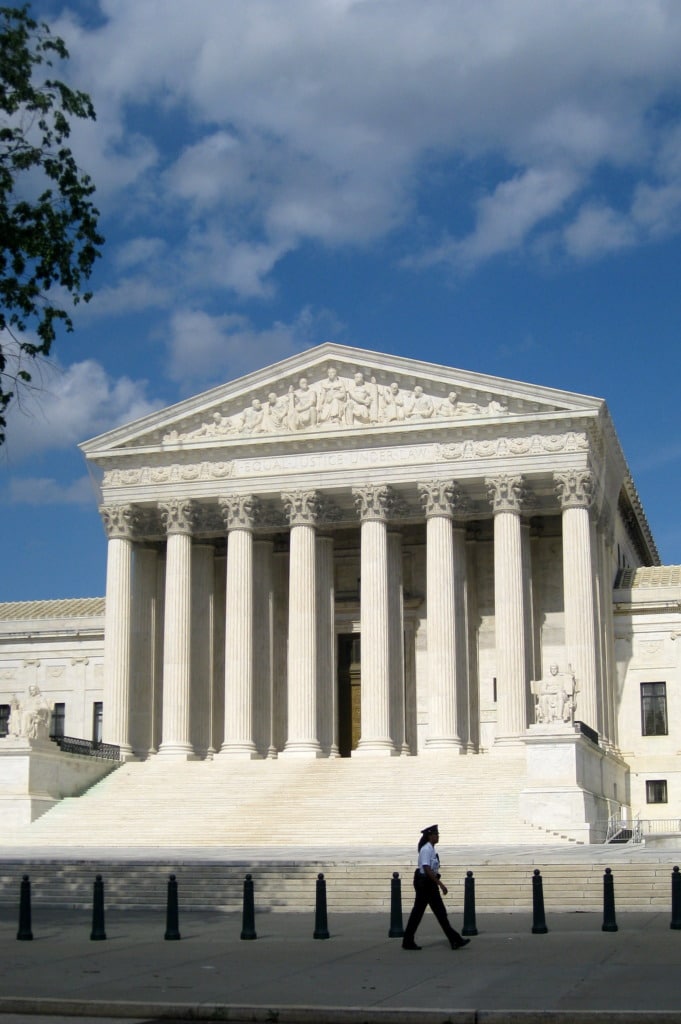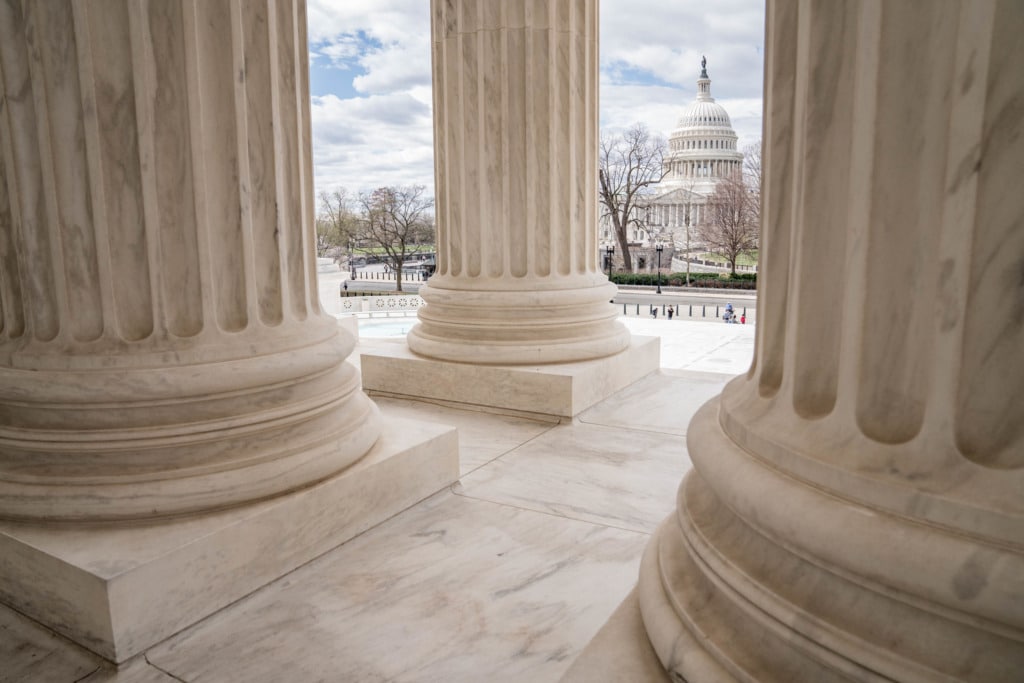Constitutionality of TVPA Challenged in First Circuit
As previously reported at TLB, a Massachusetts jury last year awarded $15.5 million in damages against Jean Morose Viliena for torture and extrajudicial killing under the Torture Victim Protection Act (TVPA). Viliena was mayor of a town in Haiti where the three plaintiffs lived. The jury found him responsible for murdering the brother of one…
Continue ReadingParol Evidence and the CISG
In MCC-Marble Ceramic Center, Inc., v. Ceramica Nuova d’Agostino, S.p.A. (1998), the Eleventh Circuit held that the American parol evidence rule does not apply in cases governed by the U.N. Convention on Contracts for the International Sale of Goods (CISG). Article 8(3) of the Convention instructs courts, in determining the intent of the parties to…
Continue ReadingApplying the TVPRA to Foreign Websites
The facts of Doe v. WebGroup Czech Republic are horrific. The complaint alleges that a U.S. citizen, fourteen years old, was filmed being raped, repeatedly, in the United States. Videos of the assaults were uploaded to foreign pornography websites, from which they were then viewed tens of thousands of times in the United States. Are…
Continue ReadingTransnational Litigation at the Supreme Court, October Term 2024
Today is the first day of the Supreme Court’s October Term. This post briefly discusses four transnational litigation cases in which the Court has already granted cert, as well as several others that are in the pipeline and could be decided this Term. Readers can also consult our Supreme Court page. Cases in which the…
Continue ReadingSupreme Court Grants Cert in Smith & Wesson v. Mexico
This morning, the Supreme Court granted cert in Smith & Wesson Brands v. Estados Unidos Mexicanos. As regular readers will know, Mexico sued Smith & Wesson and other gun manufacturers in federal district court of the District of Massachusetts, alleging that defendants design, market, and sell guns in ways they know will arm Mexican drug…
Continue ReadingDoes the New York Convention Apply to Investor-State Awards?
On August 9, 2024, in Zhongshan Fucheng Industrial Investment Co. v. Federal Republic of Nigeria, the D.C. Circuit held that Nigeria was not immune from suit to enforce an arbitral award for a Chinese investor under a bilateral investment treaty. The U.S. Foreign Sovereign Immunities Act (FSIA) has an exception to state immunity for actions…
Continue ReadingThe Burden of Proving Foreign Sovereign Immunity
The Supreme Court has granted cert in Republic of Hungary v. Simon and will soon hear oral argument, likely in December. The principal question is how to interpret “property exchanged for such property” under the Foreign Sovereign Immunities Act’s (FSIA) expropriation exception, 28 U.S.C. § 1605(a)(3). But the three issues before the Court also include…
Continue ReadingSystemic Due Process and the Hague Judgments Convention
The State Department is exploring ratification of the Hague Judgments Convention (HJC) and Convention on Choice of Court Agreements (COCA). It has announced a meeting of the Advisory Committee on Private International Law for October 24-25 to discuss these conventions (as well as the Singapore Convention on mediation) and how they might be implemented. As…
Continue ReadingGovernor Newsom Signs Holocaust Art Bill
Yesterday, California Governor Gavin Newsom signed AB 2867 into law. The bill provides that California law applies in suits brought by a California resident involving the theft of art or other personal property during the Holocaust or other political persecutions. Assemblymember Jesse Gabriel introduced AB 2867 in response to the Ninth Circuit’s decision earlier this…
Continue ReadingNinth Circuit Denies Rehearing in Doe v. Cisco Systems
On September 3, 2024, the Ninth Circuit denied rehearing en banc in Doe v. Cisco Systems. The panel had held that Chinese practitioners of Falun Gong could sue Cisco, a U.S. company, for aiding and abetting human rights violations by building a surveillance system for the People’s Republic of China. Judge Patrick Bumatay (joined by…
Continue Reading







